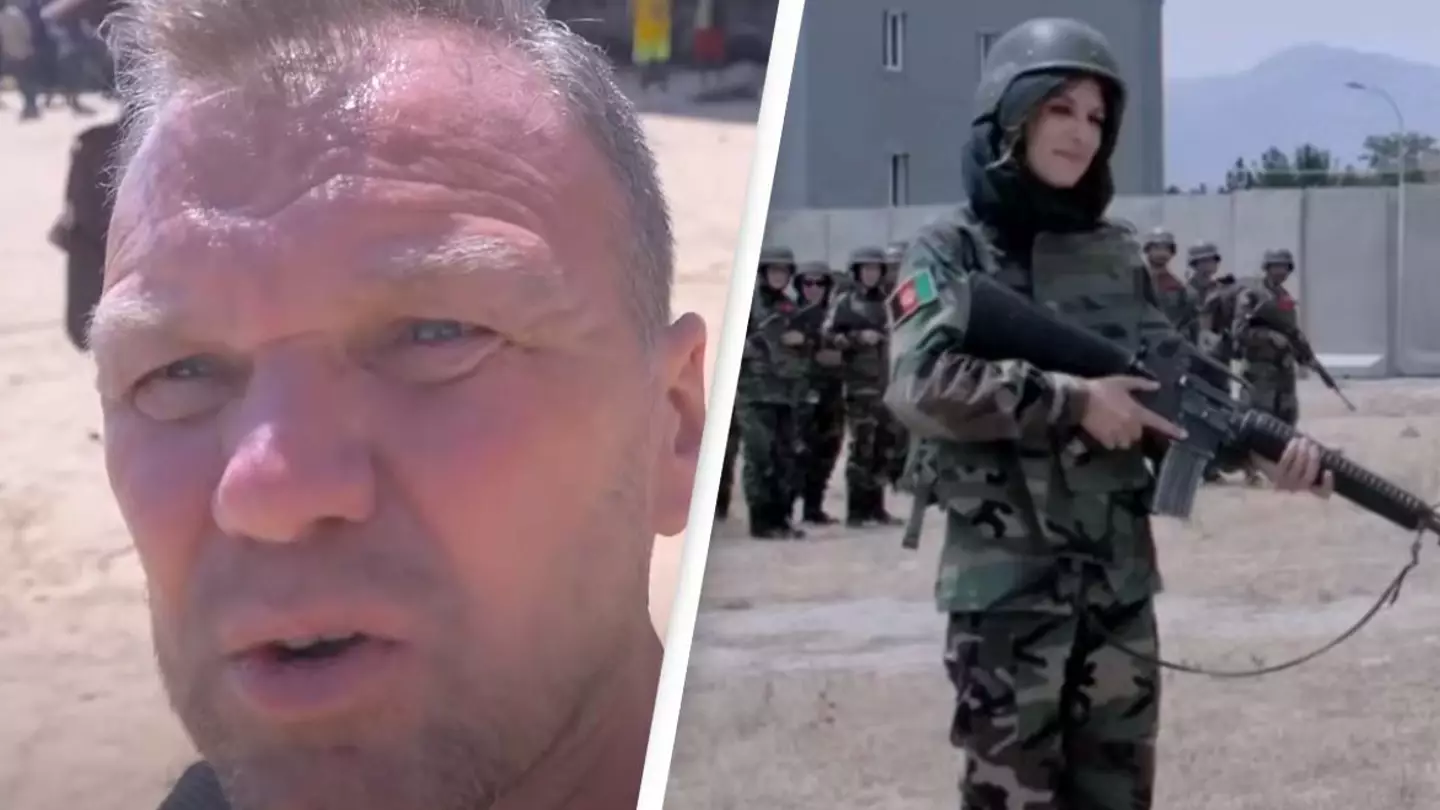
When you think of a holiday, a few options might spring to mind.
It could be anything from a raucous trip to Ibiza to a quiet weekend hiking, or perhaps a city break to take in the culture and atmosphere. You’re unlikely to think of travelling somewhere highly dangerous, including active war zones.
But that’s just how the subjects of a documentary by director Vita Maria Drygas like to spend their holidays. The film Danger Zone follows four people who take and organise trips to war zones:
Among the four ‘danger tourists’ who feature in the documentary Danger Zone is Andrew Drury, a British man who runs a construction company and is a prolific danger tourist. Drury’s trips over the last 20 years have included places such as Uganda, Somalia, Syria, Ukraine, and many others.
Advert
UNILAD asked Drury why he chooses to go on such dangerous holidays.
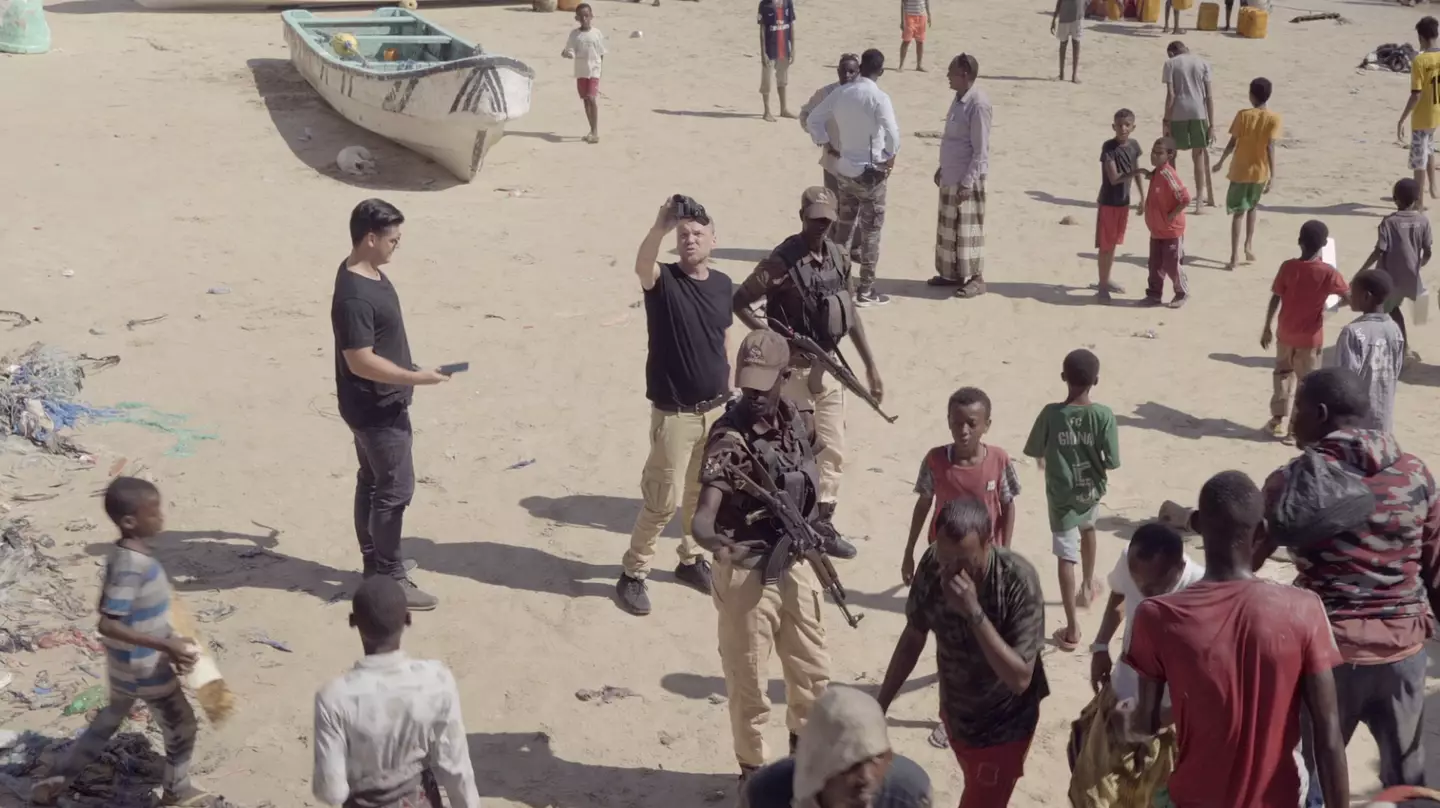
“I like to go to destinations that other people didn't go, I didn’t go looking for a war, although adrenaline of being in that sort of area did thrill me,” he said. “But it wasn't something I went looking for, it's become a journey really.”
There’s a strong sense of wanting to be part of something bigger than ourselves. Extreme situations might also make life seem simpler.
Advert
Many people arrive at a point in their life where things settle into place, a successful career, a beautiful home, a loving family, only to find themselves wondering: is this it now?
"It’s less voyeuristic when it’s real"
It’s hard to deny that there is something intoxicating in this notion, but this kind of boredom is a luxury. It’s a stark difference from the lived reality of people who find themselves indefinitely separated from loved ones because they’re either scattered across the world, missing, or dead.
Critics of dark tourists such as Drury, and war tourists in particular, accuse them of voyeurism. Drury dismisses these criticisms, arguing that society at large has a fascination with watching the suffering of others.
Advert
“Everybody watches the news,” he said. “Ukraine for instance, everybody wakes up in the morning they’re voyeurists. Anybody who reads a newspaper they’re voyeurists. See a car at the side of the road in an accident? That’s voyeurism.”
It’s one thing to watch a news report on something, something else entirely to get on a plane and travel to the location, something you might argue is indicative of a fascination with the macabre.
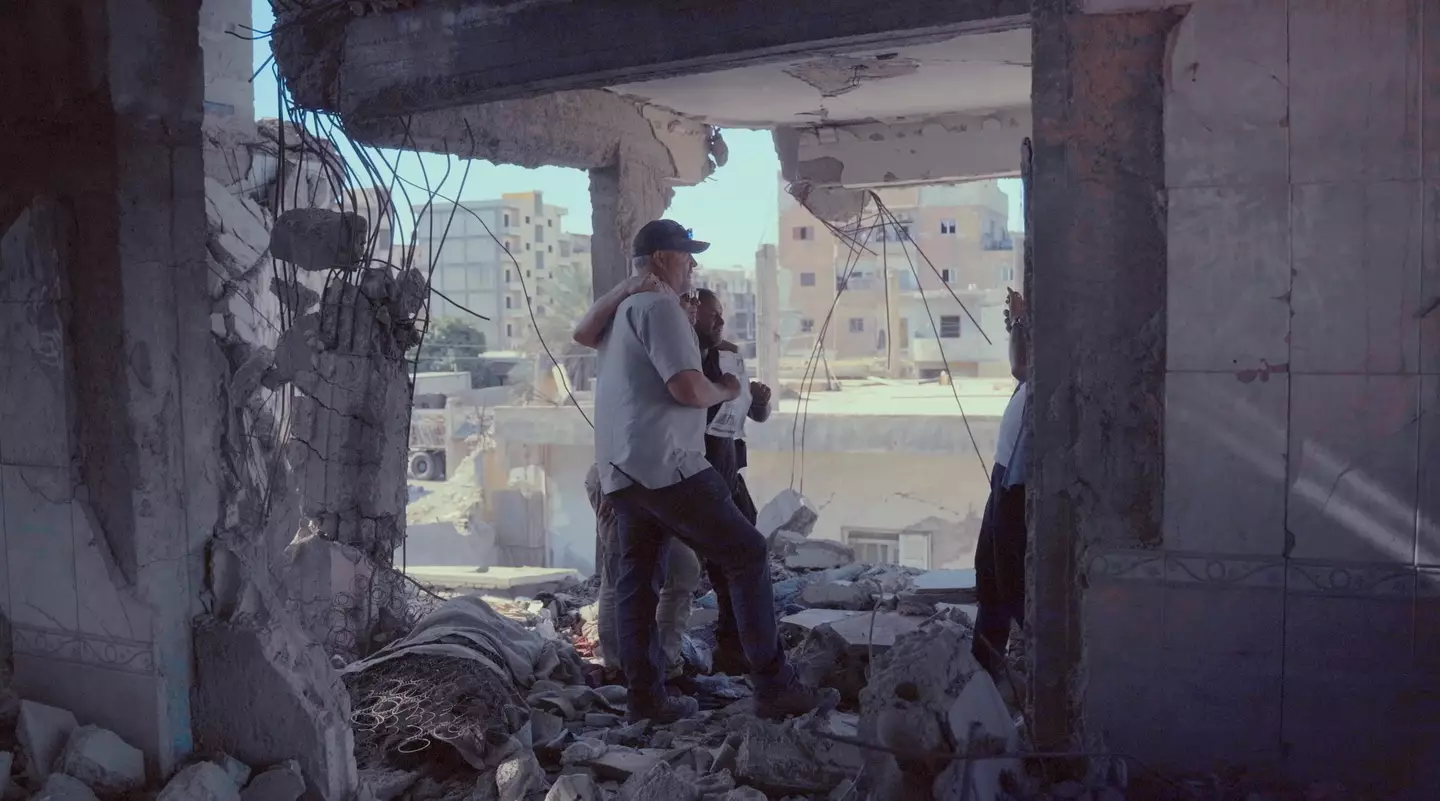
Drury argues that the authenticity of his experiences means that his trips are actually less voyeuristic than someone sitting at home watching a video.
Advert
“It’s less voyeuristic when it’s real,” he explained. “For me it is, it’s interaction with people actually experiencing that. Nobody where I visit says I’m a voyeurist, most people say I’m a friendly nice guy. If it is voyeurism I’d just go there and view and never make contact again. I’m in constant contact with everybody I meet.”
"There is that attraction"
Nonetheless, the highly experienced Drury admits that in his earlier days there ‘might have been’ an element of addiction to danger in his trips, though he added he doesn’t think that’s there anymore.
He said: “I think the addiction to the danger, that feels gone. I'm not addicted. I think that might have been there, I think when I had my first frontline experience. There is that attraction, a certain amount of adrenaline must get released in your body.”
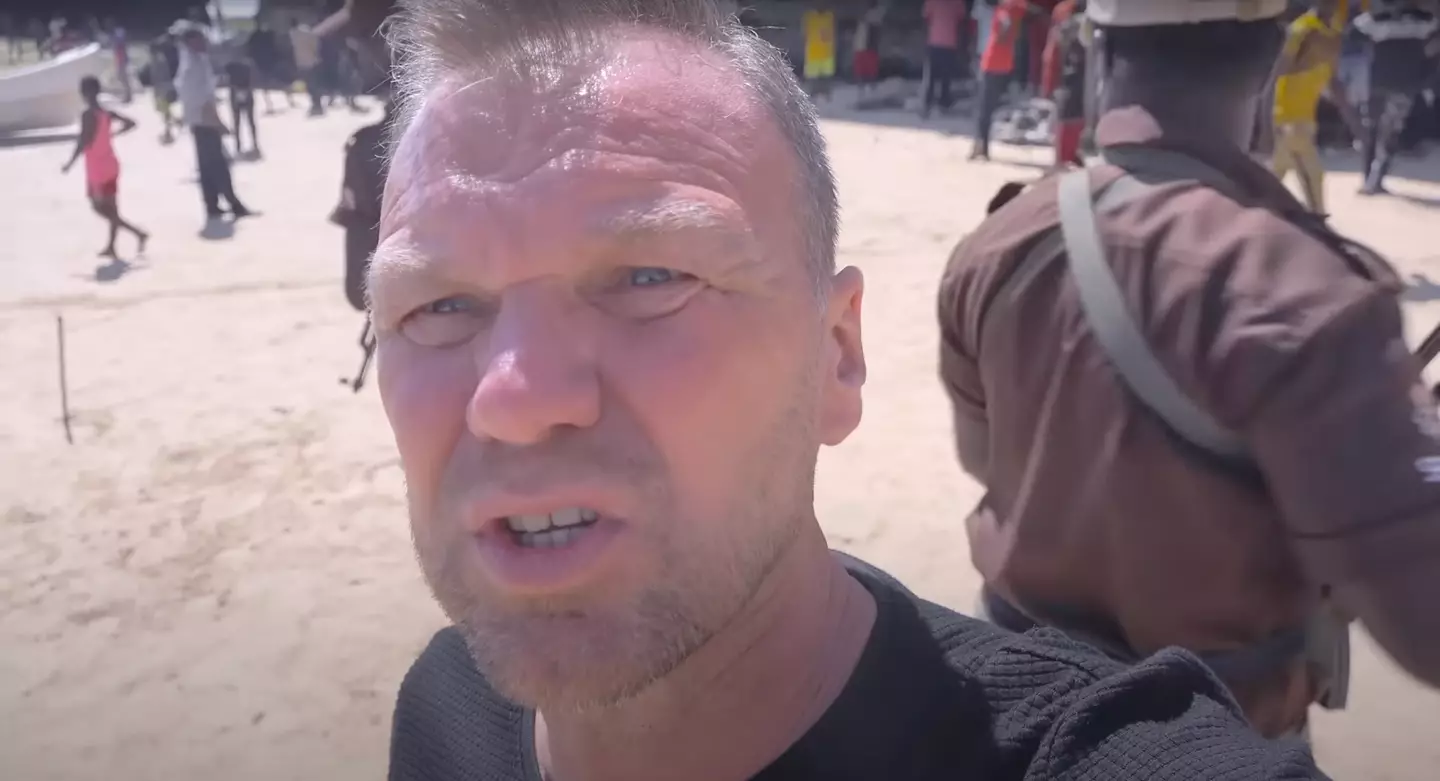
But Drury firmly believes that he has changed since those early days, talking about his pivot towards documentation including interviewing former ISIS member Shamima Begum.
Advert
Begum came into the public eye when she left the UK aged 15 to join ISIS in Syria. She hit the headlines again when UK Home Secretary at the time Sajid Javid stripped her of her British citizenship and refused to allow her to return to the UK to face trial.
Fascinated by Begum’s story, Drury eventually managed to meet her.
“The Shamima situation, for her I wanted to know her true story, because we all read about what we thought about her," he said. “My life is just generally normal. It’s helped bring stories back, bring back the truth about her.”
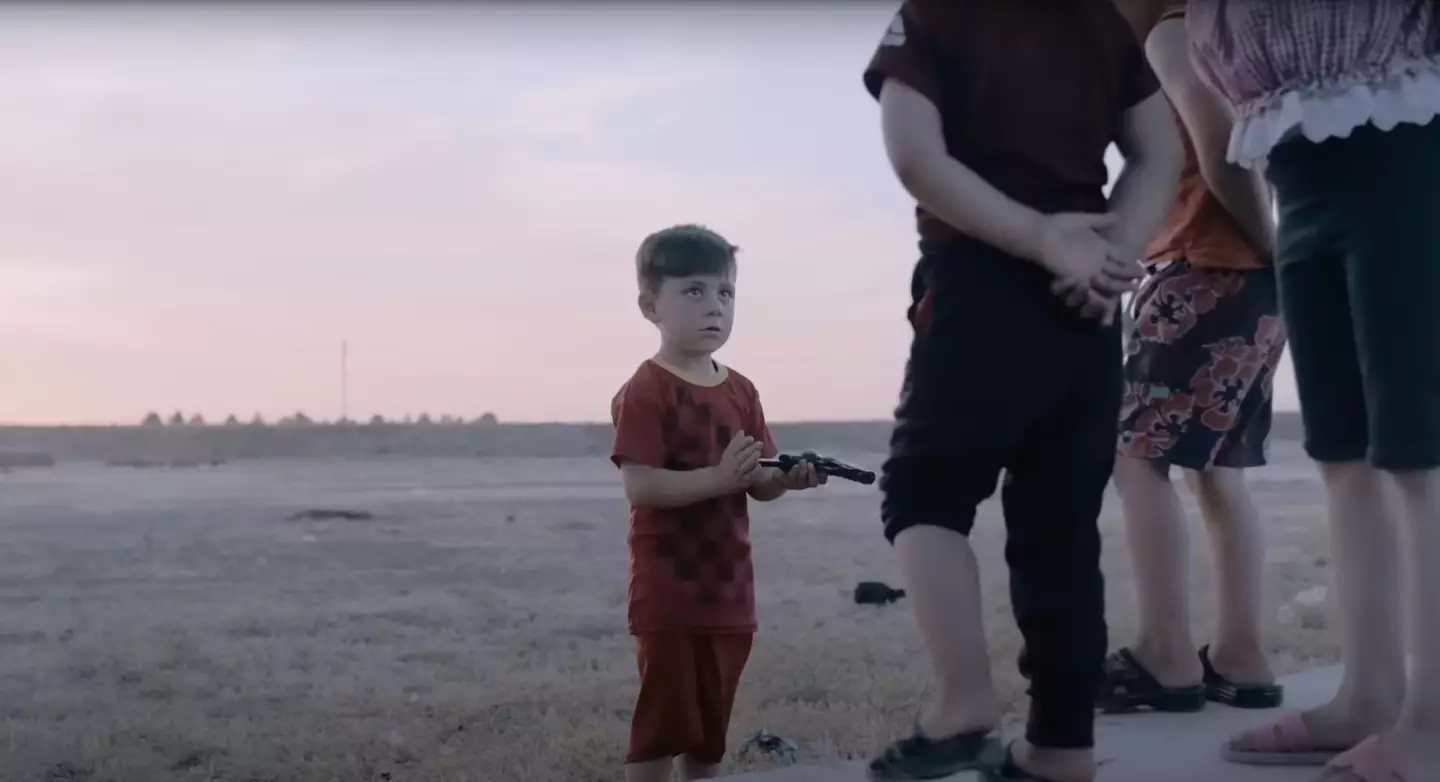
After speaking to Begum, Drury told British right-wing broadcaster GB News he believed that Begum had been putting on an act. Speaking after Begum’s British citizenship was revoked, he told how she had ‘changed’ over the course of their time together, behaving more ‘like a victim’.
Drury made it clear that he now takes the opportunity to tell people’s stories very seriously. Recounting one such story, he said: “I spent time with a guy whose story may have never been told if it wasn't for me.
"It's made me a better person"
“He was in a sniper’s pit. And he was looking at houses which would have been about 1500 metres [away].
“I asked, well, why’ve you got your sights set on one place? He said, that's my house, ISIS are with my wife and children. I look through the site, one day I might see my wife and children.”
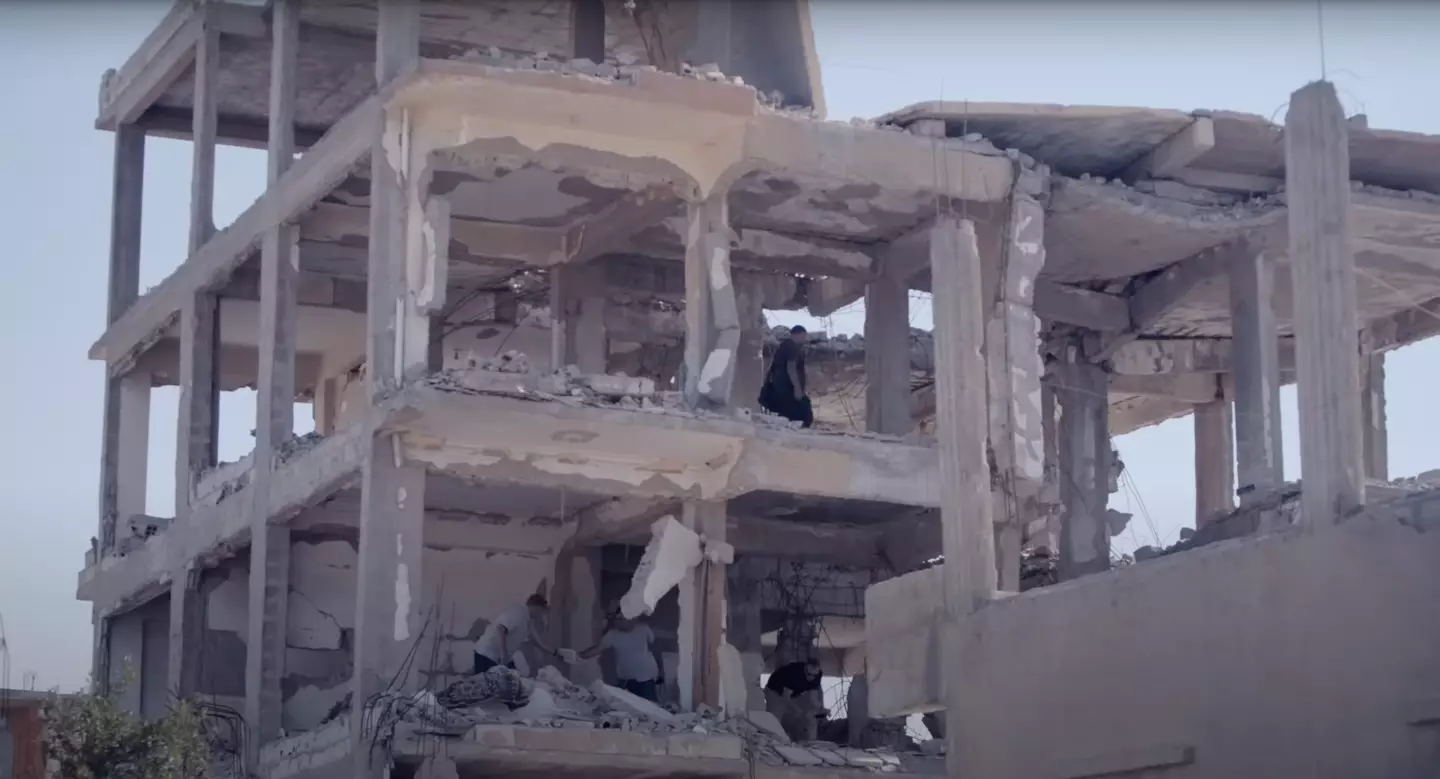
He added: “Unfortunately, he lost his life before he could find his family. I think that story is not voyeurism, that's a fact and true to life that people don't listen to, or don’t see.”
Drury believes that his experiences have changed him for the better. He said: “I think from people I've met during my journey, it's made me a better person and more understanding of what it's like to be at war, what it's like to be in conflict. I learned to understand. Empathy is a big word.”
As to whether he has found what he was looking for on his journeys, that’s less clear.
“I don't know what I was looking for,” he said. “I don't know if I was looking for anything. I mean, disaster? I don't know, I don't think I'm looking for anything. If I'm looking for something I haven’t found it, but I'm happy. Maybe you can help me find it.”
DANGER ZONE plays the ICA, London on 14 March as part of Kinoteka Polish Film Festival and is released on digital platforms on March 22.
Topics: News, Travel, US News, UK News, World News
